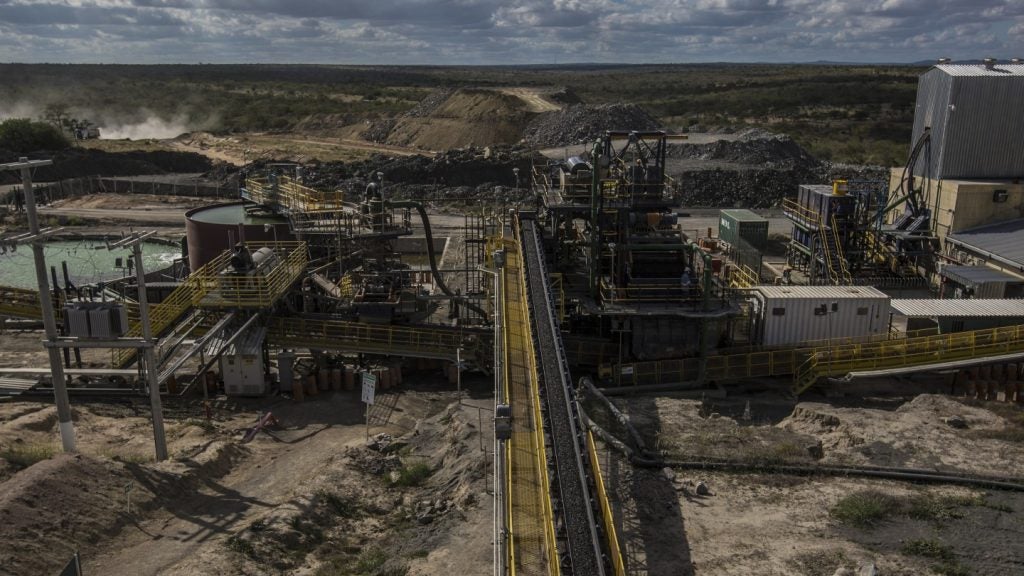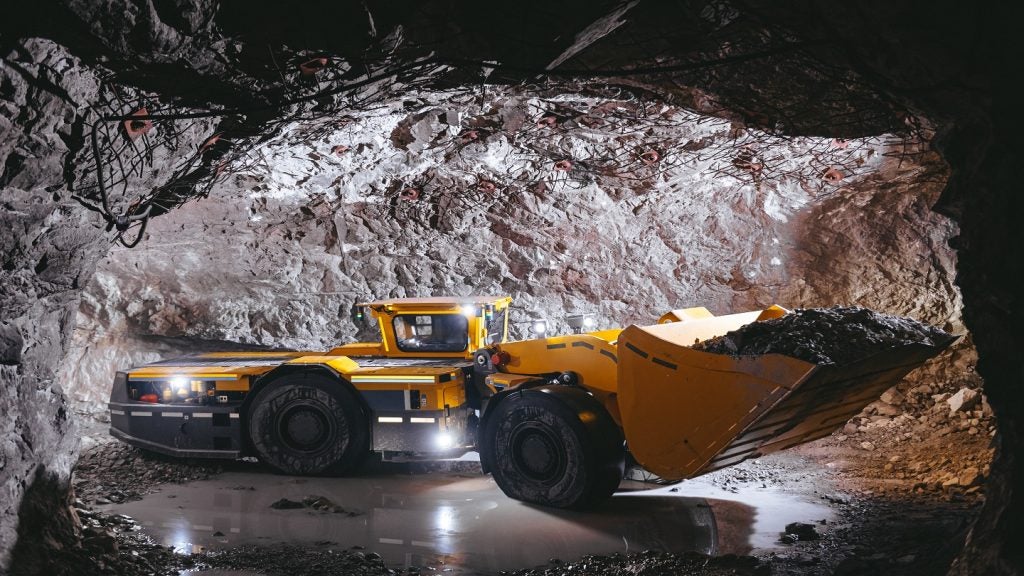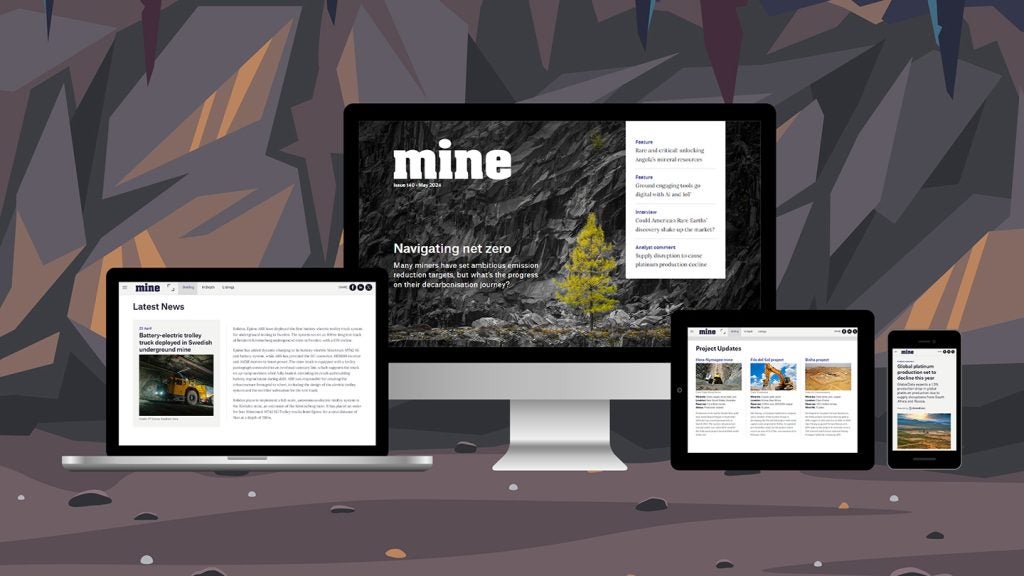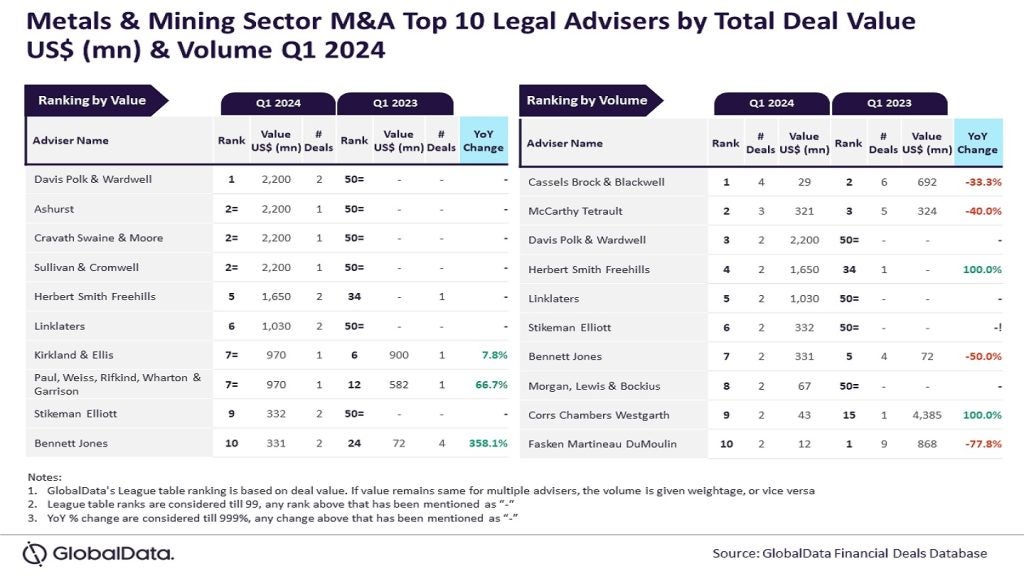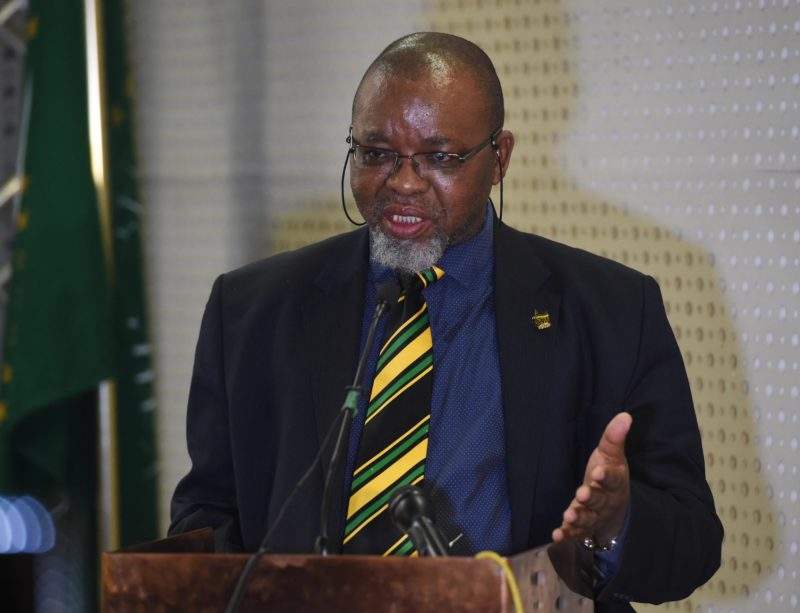
South African think tank the Institute of Race Relations (IRR) has criticised a draft of the country’s new mining charter for undermining competition between larger companies and rendering smaller operations financially unstable.
The draft was unveiled by Minister of Mineral Resources Gweded Mantashe last Friday, following which members of the public have 30 days to submit comments. On Sunday, Mantashe planned to convene a mining summit to discuss the charter, but said that large-scale changes would not be likely.
“Despite some improvements over the version produced to widespread dismay in 2017, [the new charter] does not provide a framework for a competitive and sustainable industry,” said the IRR in a statement.
“The framework the draft charter creates will inevitably hold the mining industry back. The upshot will be a missed opportunity, as South Africa sits atop a multi-trillion rand mineral endowment, but is unable fully to utilise it owing to poorly conceived policy.”
A major point of contention is the proposed requirement that companies seeking new mining rights cede 5% of their profits in ‘free carry’ to employees and local communities. In addition, the holders of new mining rights can be forced to pay ‘trickle down’ payments to employees and communities equal to 1% of their earnings before interest, tax, depreciation and amortisation, if they fail to pay dividends for five years.
While aimed at helping redistribute wealth in an industry that contributes ZAR229.1bn to South African GDP, these constraints make the establishment of new mining operations risky and could dissuade investment in small mines.
How well do you really know your competitors?
Access the most comprehensive Company Profiles on the market, powered by GlobalData. Save hours of research. Gain competitive edge.

Thank you!
Your download email will arrive shortly
Not ready to buy yet? Download a free sample
We are confident about the unique quality of our Company Profiles. However, we want you to make the most beneficial decision for your business, so we offer a free sample that you can download by submitting the below form
By GlobalDataThe draft mining code also orders that 70% of capital and mining goods must be purchased from South African manufacturers, while 80% of mining services must be supplied by local companies. The IRR does not share Matashe’s optimism that these requirements will help generate business for South African companies.
“It is not clear whether such companies already exist sufficient to the industry’s demands and ‘establishing’ them may prove an additional cost,” said the think tank.
A new charter was drafted to address the largely unpopular ‘Gupta Clause’ in previous versions, which required 26% of shares in mining companies to be held by black shareholders. Both Mantashe and President Cyril Ramaphosa have given their public support to the new draft, the latter commenting that the proposed charter ‘should be to the benefit of the industry as a whole and all its stakeholders’.



